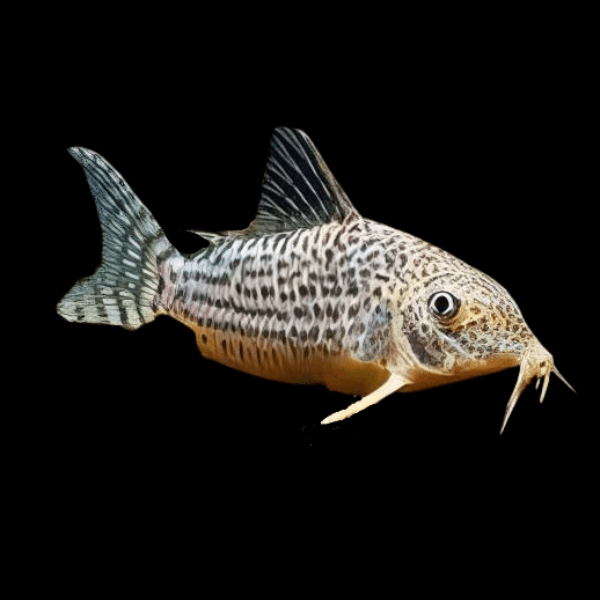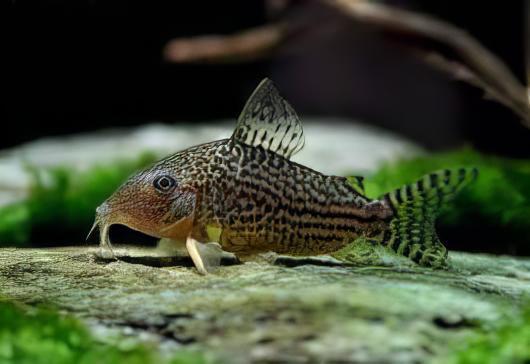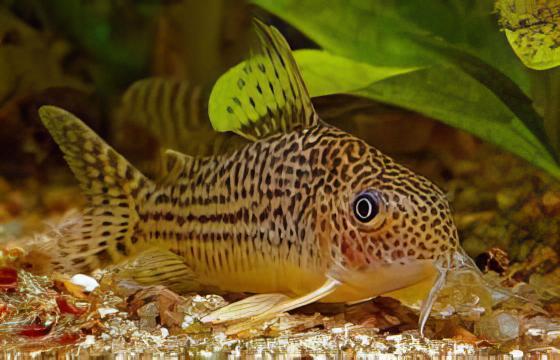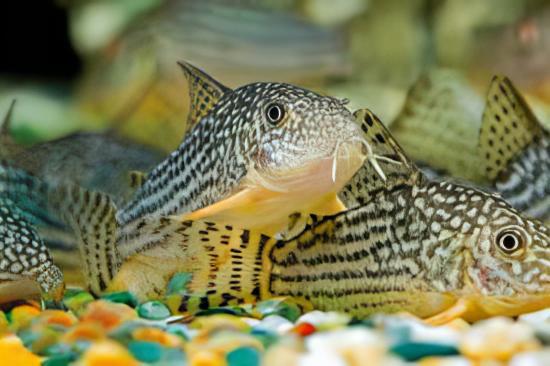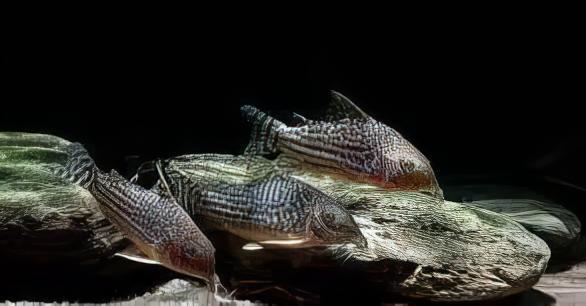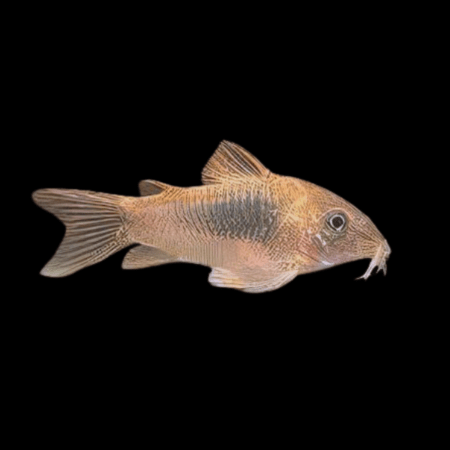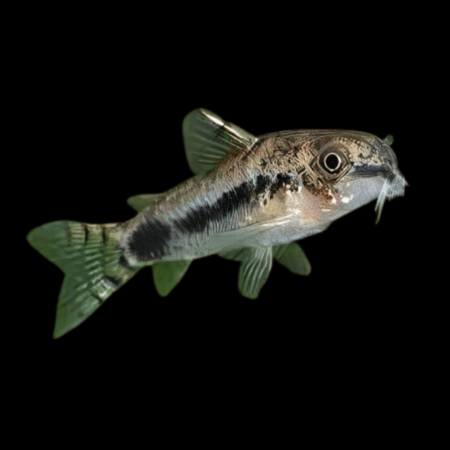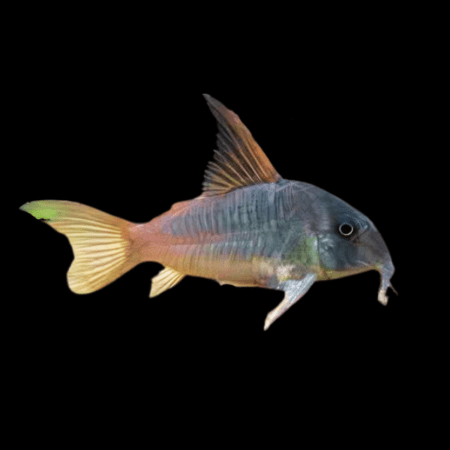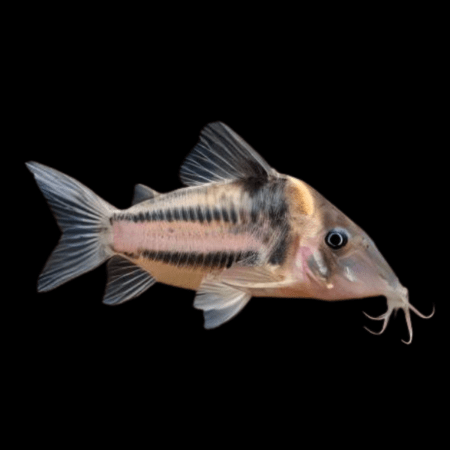Description
Mosaic Corydoras Haraldschultzi
Overview
| Synonyms | None |
| Distribution | Bolivia and Brazil |
| Maximum Size | 6.5cm (2.6″) |
| Temperature | 15-28°C |
| Water Parameters | Will acclimatise to a wide range of water conditions, providing that good water quality is maintained. |
| Compatibility | Community |
| Lighting | No special requirements |
| Sexual Dimorphism | Females are significantly larger and appear wider when viewed from above. Males are slimmer and often have an extended dorsal fin. |
| Feeding | Catfish pellets, granules, flake and frozen foods |
Description
Care
Mosaic Corydoras are ideal catfish for the mature softwater community aquarium housing other peaceful species. Like all species of Corydoras catfish, these fish must be kept on a soft sand substrate in order to protect the delicate sensory barbel area, and maintained in groups of 5 or more due to their shoaling nature. Some shady planted areas should be provided. Corydoras have the ability to breathe air intestinally, so a small gap should be left between the surface of the water and the cover slides in order for the fish to come up to the surface and take air in. It may do this numerous times per day. This species is sometimes confused with Corydoras sterbai. C. haraldschultzi have much longer snouts compared to the rounder faced C. sterbai. Also, C. haraldschultzi sports a pattern of dark spots on a light background on the head area, whereas C. Sterbai’s head area has a pattern of white dots on a dark background.
Breeding
Mature pairs can be triggered into spawning by performing a large, slightly cooler water change. The pair will adopt the classic “T position” where the male fertilises the eggs that are held between the females pelvic fins. The adhesive eggs will then be deposited onto plants, decor, or the sides of the aquarium etc and the process repeated. The eggs generally take 3-4 days to hatch after which time the tiny fry should be offered finely powdered first foods. A few days later they will be able to take newly hatched brineshrimp. To avoid predation and ensure a higher success rate, many fishkeepers move the parents to another aquarium after the eggs have all been deposited.
